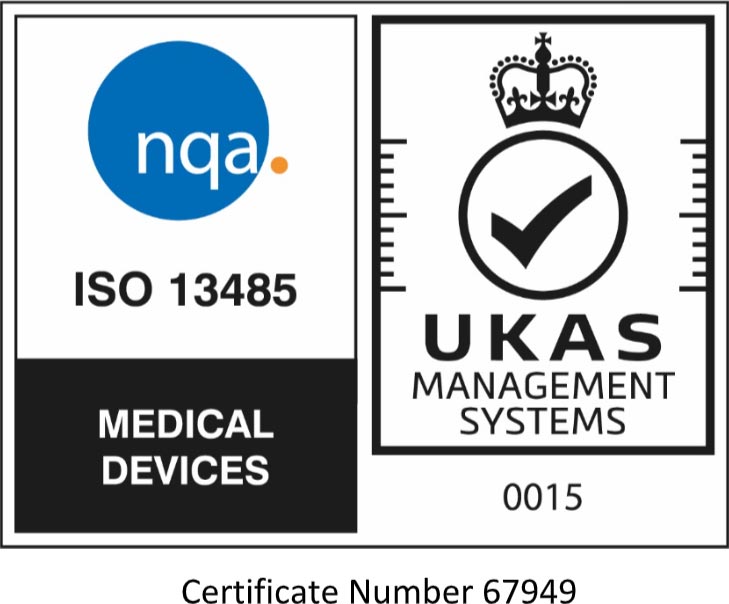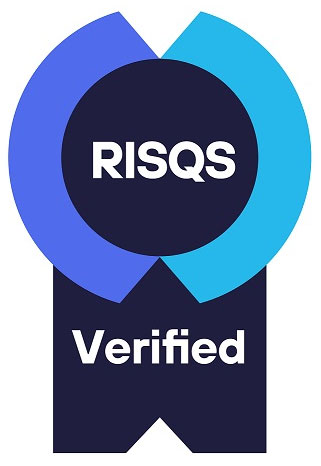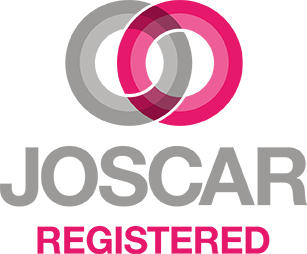Our capabilities are growing. Tell us how we can help you.
Will current LED development help us achieve our Carbon Neutral targets?
In recent years advancement of current LED technology has picked up the pace but does it have the potential to help the UK become a ‘net zero’ emitter?
In June 2019, parliament passed legislation requiring the government to reduce the UK’s net emissions of greenhouse gases by 100% relative to 1990 levels by 2050. A significant, but somewhat overlooked technology to help achieve ‘net zero’ goals is LED lighting. Whilst renewable energy such as solar and wind has featured in far more headlines, the LED light bulb is quietly playing a far bigger role than many would expect. There are some very clear benefits of making the switch to a Light Emitting Diode (LED):
- More energy efficient
- LED bulbs have far less of a negative impact on the environment when disposed of
- LED light bulbs also last much longer on average than traditional incandescent bulbs
- As fewer bulbs are needed to be produced over a long period of time, fewer materials are needed
The global light emitting diode (LED) market was worth $68.5 billion in 2019. It is expected to grow at a compound annual growth rate (CAGR) of 15.97% and reach $123.89 billion by 2023 – so the outlook looks bright for this technology.
This fundamental shift in approach to industrial and domestic lighting has required significant development from LED manufacturers, the production of PCBs has had to be more responsive to change than ever before. It is clear to see that there have been some incredible innovations at the component and fixture level in the past decade. A significant milestone came from Philips in 2013 when they achieved a lighting world first by breaking the 200 lumens per watt barrier. The innovation, which produced a warm white light, was a huge leap forward in terms of standards: it proved twice as efficient as fluorescent lighting and more than 10 times as efficient as a traditional light bulb. From a PCB perspective, requirements are constantly evolving due to technical indexes like pitch, stability, lightness or colour depth so contract manufacturers need to be willing to adapt and evolve with their customers.
So, back to our original question; will current LED development help us achieve our carbon neutral targets? We firmly believe that LED lighting will play a vital role in achieving carbon neutral targets. The bigger the shift the bigger the impact this technology will make. Unfortunately, the UK isn’t on track to become a ‘net zero’ emitter by 2050 just yet but although the road ahead is difficult, it’s still possible.
With over 35 years’ experience in the industry, UK Electronics have the capabilities to provide LED PCB fabrication, components procurement and assembly all under one roof. The advantages of improved LED lighting efficiency and PCB design can now be transferred to customers in record time so don’t hesitate to contact us to discuss your requirements.











